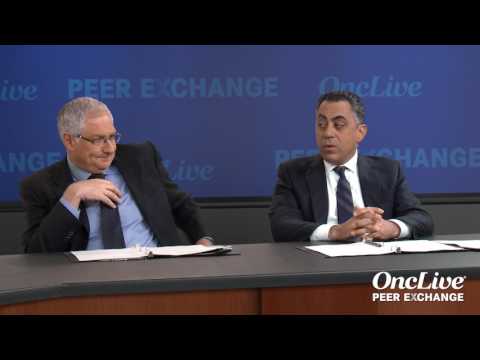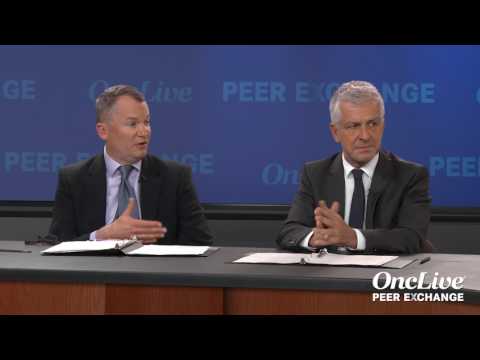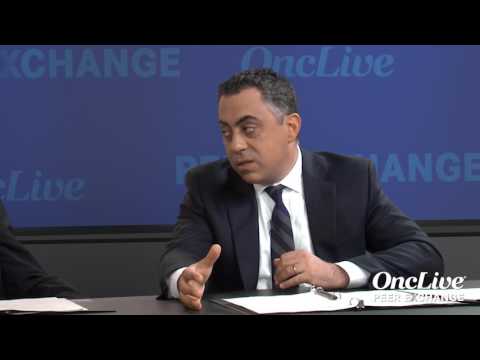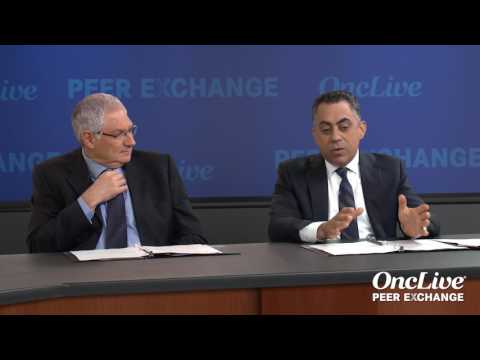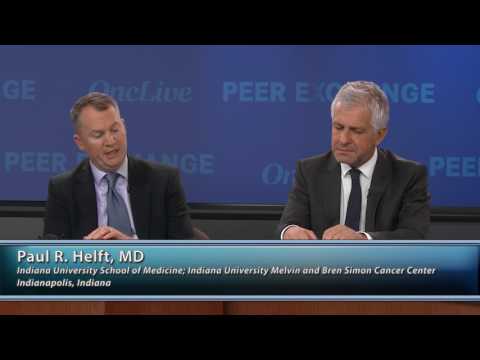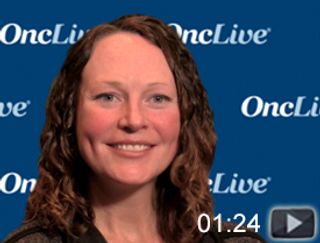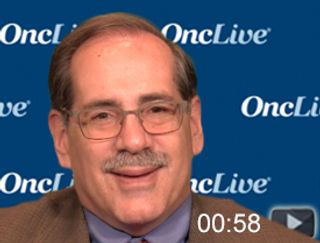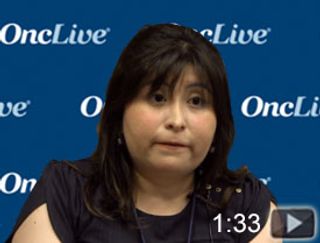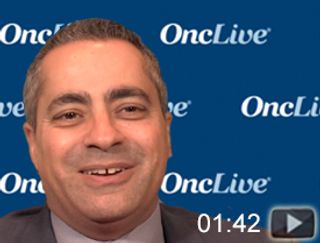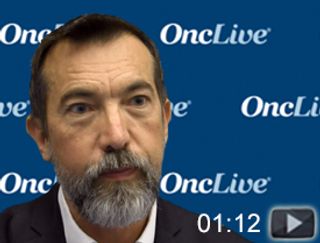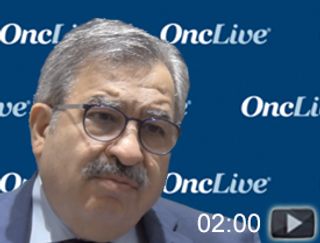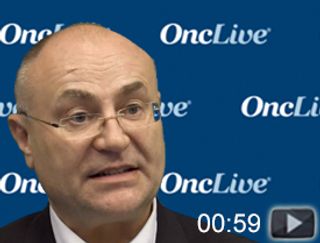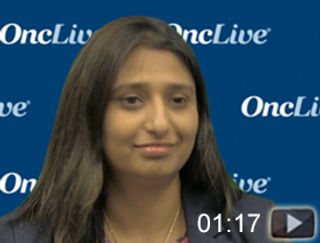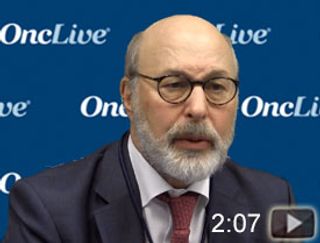
Gastrointestinal Cancer
Latest News
Latest Videos

CME Content
More News
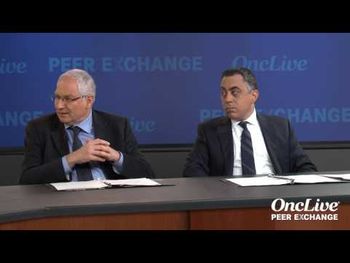
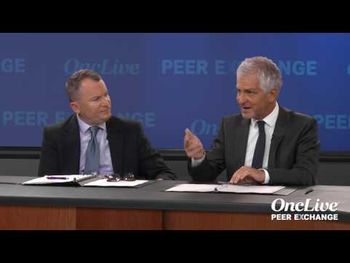
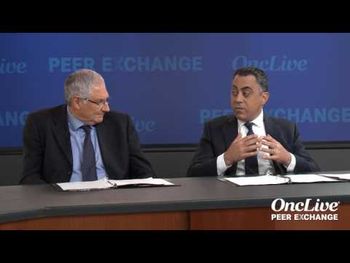
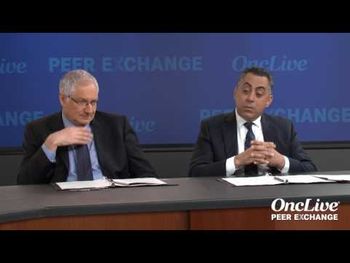
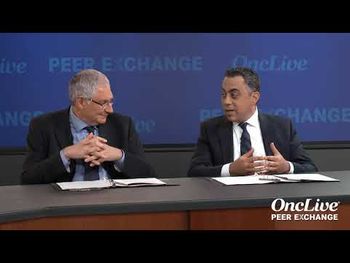
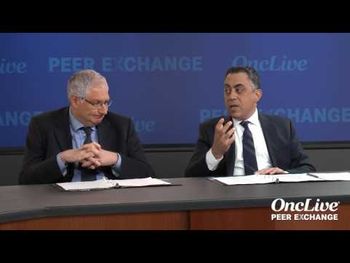
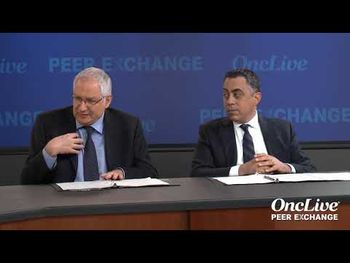
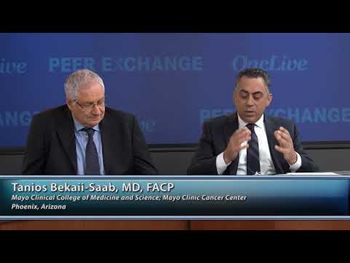
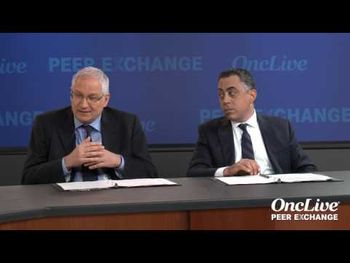
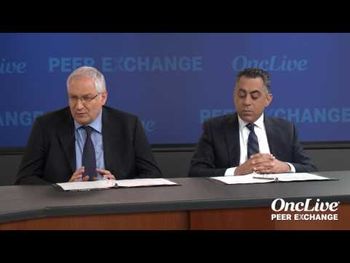
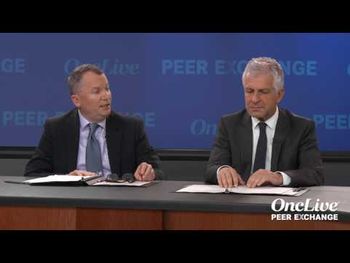
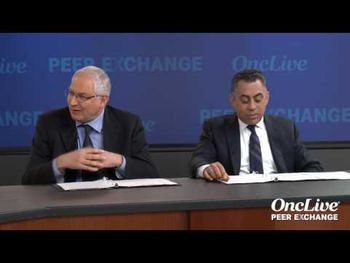
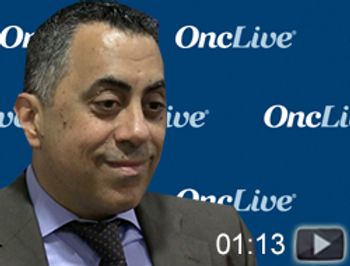
Tanios Bekaii-Saab, MD, professor of medicine, Mayo Clinic, discusses the potential impact of the combination of napabucasin with gemcitabine and nab-paclitaxel in pancreatic cancer.
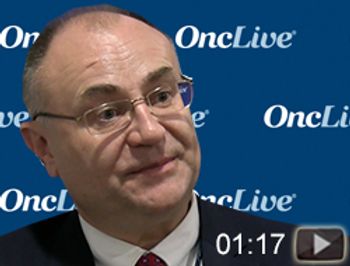
Heinz-Josef Lenz, MD, FACP, associate director for Adult Oncology and co-leader of the Gastrointestinal Cancers Program, USC Norris Comprehensive Cancer Center, discusses combinations with targeted agents in colorectal cancer.

Aparna R. Parikh, MD, medical oncologist, Massachusetts General Hospital, discusses the applicability of liquid biopsies in gastrointestinal cancers.
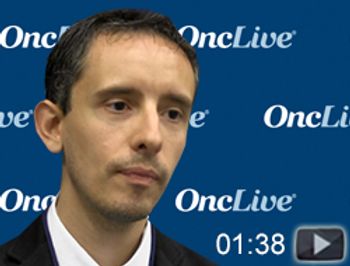
David J. Pinato, MD, PhD, NIHR Academic Clinical Lecturer in Medical Oncology, resident, Royal Brompton Hospital and Imperial College London, discusses pheochromocytomas and paragangliomas.
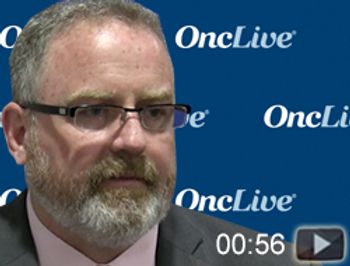
Bert O’Neil, MD, the Joseph W. and Jackie J. Cusick Professor of Oncology, professor of medicine, and director of the Phase I and Gastrointestinal Oncology Programs at Indiana University, discusses the next steps for napabucasin with FOLFIRI and bevacizumab (Avastin) as treatment for patients with colorectal cancer.
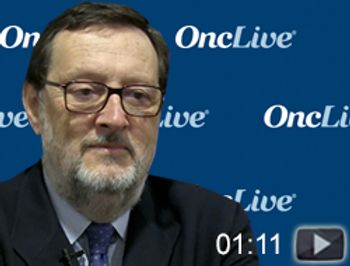
Jordi Bruix, MD, head of the Barcelona Clinic Liver Cancer at University of Barcelona, discusses the impact of the recent progress in the second-line treatment setting for hepatocellular carcinoma.
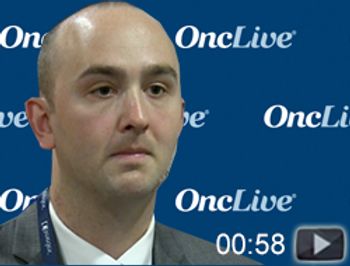
Brandon Huffman, MD, resident physician, internal medicine, Mayo Clinic, discusses the survival analysis from a study of patients with solid pseudopapillary tumors of the pancreas.
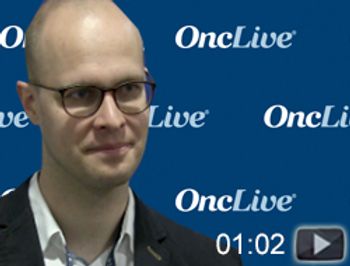
Dominik P. Modest, MD, University of Munich, discusses an evaluation of resection in patients with metastatic colorectal cancer.
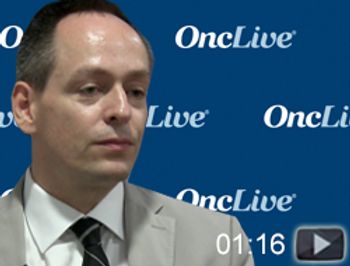
Patrick Ott, MD, PhD, clinical director, Melanoma Center, Center for Immuno-Oncology, physician, assistant professor of medicine, Harvard Medical School, Dana-Farber Cancer Institute, discusses the CheckMate-032 study in gastric and gastroesophageal junction cancer.

Ziv-aflibercept (Zaltrap) prolonged overall survival compared to placebo across subgroups of patients with metastatic colorectal cancer with wild-type and mutated RAS, KRAS, and BRAF genes.
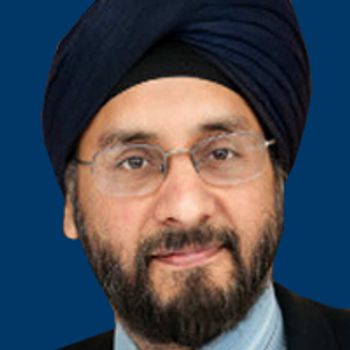
While expected improvements in survival did not emerge with SIRT plus chemotherapy, an unanticipated benefit was observed with SIRT in patients with metastatic colorectal cancer.
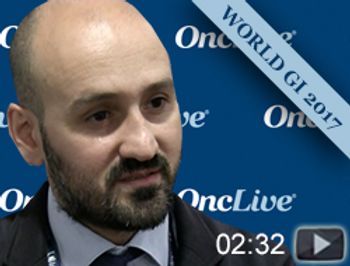
Guillem Argiles, MD, staff member, Gastrointestinal Malignancies Division, Vall d’Hebron University Hospital, discusses a carcinoembryonic antigen T-cell bispecific antibody.
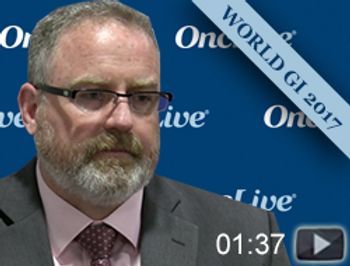
Bert O’Neil, MD, the Joseph W. and Jackie J. Cusick Professor of Oncology, professor of medicine, and director of the Phase I and Gastrointestinal Oncology Programs at Indiana University, discusses napabucasin with FOLFIRI and bevacizumab (Avastin) in colorectal cancer.


